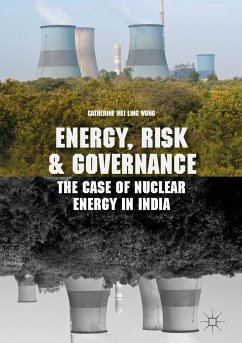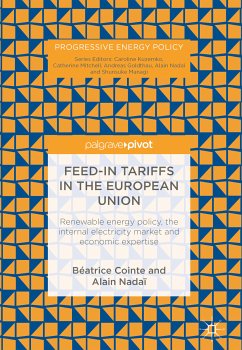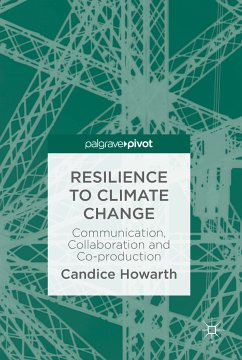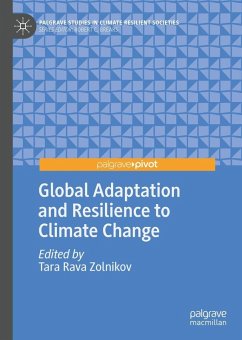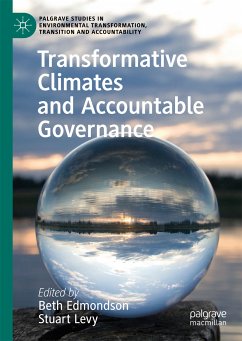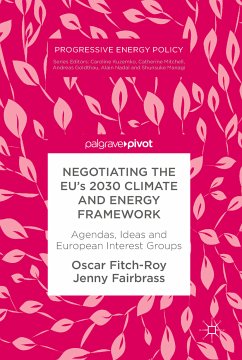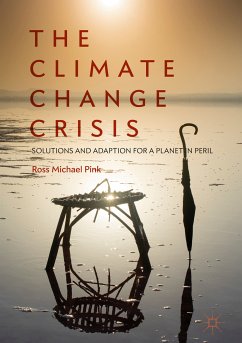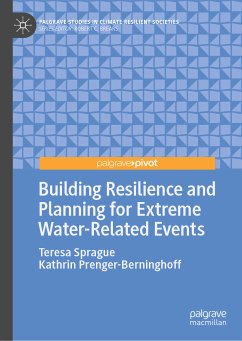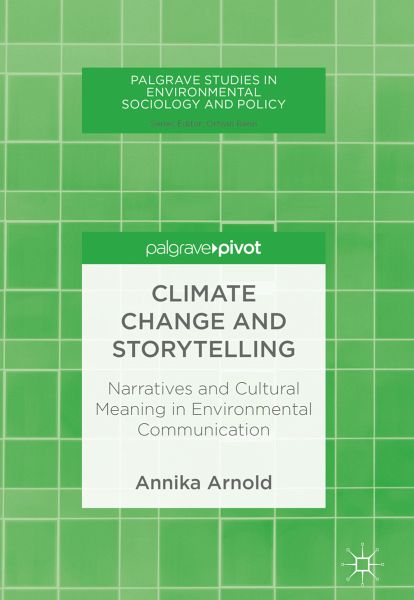
Climate Change and Storytelling (eBook, PDF)
Narratives and Cultural Meaning in Environmental Communication
Versandkostenfrei!
Sofort per Download lieferbar
56,95 €
inkl. MwSt.
Weitere Ausgaben:

PAYBACK Punkte
28 °P sammeln!
Climate change is as much a cultural phenomenon as it is a natural one. This book is about those cultural patterns that surround our perception of the environmental crisis and which are embodied in the narratives told by climate change advocates. It investigates the themes and motifs in those narratives through the use of narrative theory and cultural sociology.Developing a framework for cultural narrative analysis, Climate Change and Storytelling draws on qualitative interviews with stakeholders, activists and politicians in the USA and Germany to identify motifs and the relationships between...
Climate change is as much a cultural phenomenon as it is a natural one. This book is about those cultural patterns that surround our perception of the environmental crisis and which are embodied in the narratives told by climate change advocates. It investigates the themes and motifs in those narratives through the use of narrative theory and cultural sociology.
Developing a framework for cultural narrative analysis, Climate Change and Storytelling draws on qualitative interviews with stakeholders, activists and politicians in the USA and Germany to identify motifs and the relationships between heroes, villains and victims, as told by the messengers of the narrative.
This book will provide academics and practitioners with insights into the structure of climate change communication among climate advocates and the cultural fabric that informs it.
Developing a framework for cultural narrative analysis, Climate Change and Storytelling draws on qualitative interviews with stakeholders, activists and politicians in the USA and Germany to identify motifs and the relationships between heroes, villains and victims, as told by the messengers of the narrative.
This book will provide academics and practitioners with insights into the structure of climate change communication among climate advocates and the cultural fabric that informs it.
Dieser Download kann aus rechtlichen Gründen nur mit Rechnungsadresse in A, B, BG, CY, CZ, D, DK, EW, E, FIN, F, GR, HR, H, IRL, I, LT, L, LR, M, NL, PL, P, R, S, SLO, SK ausgeliefert werden.



